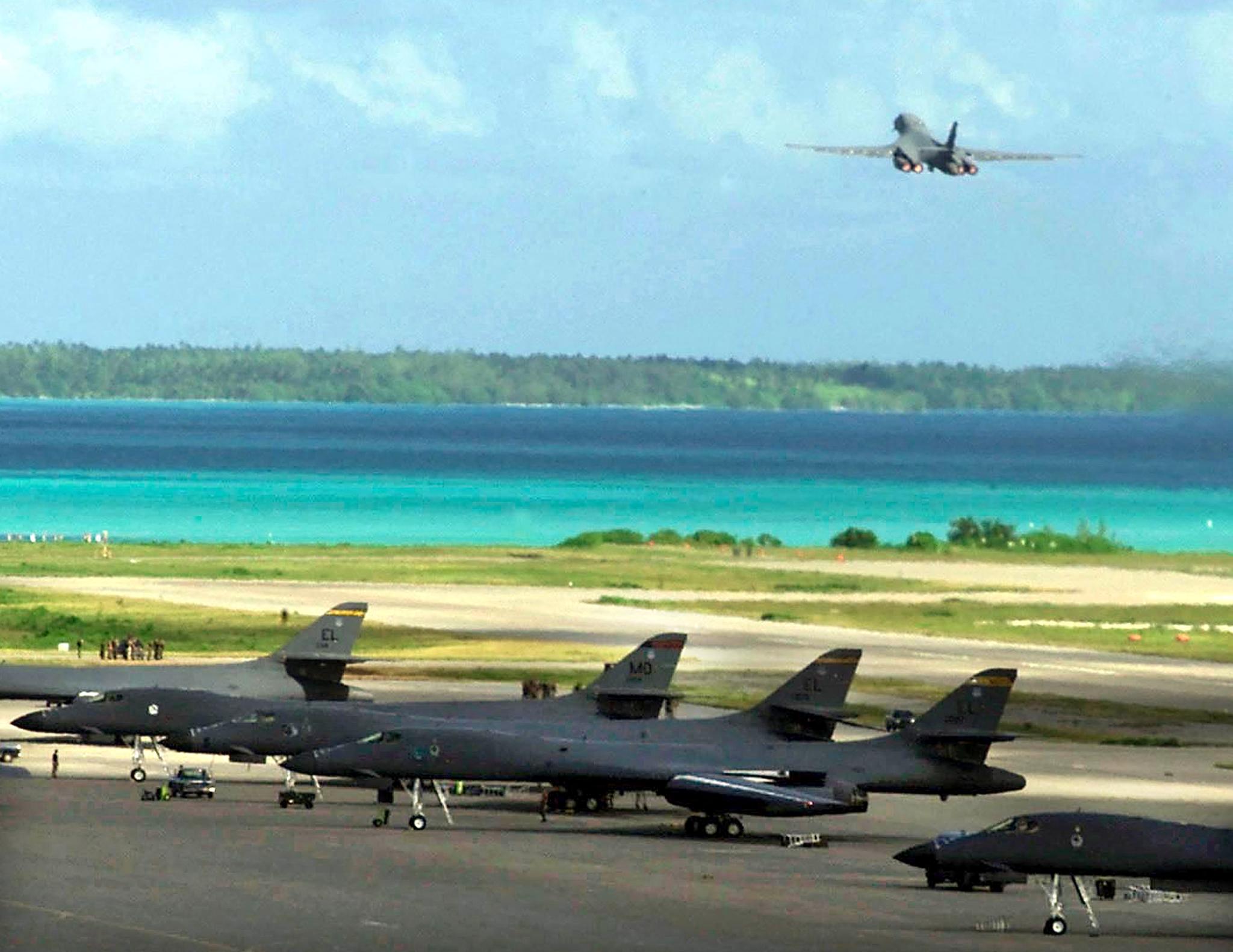The UK has not had any discussions with the incoming Trump administration over the crumbling Chagos Islands deal, the defence secretary has admitted, amid growing concerns over the future of the agreement.
While the outgoing Biden administration supported the deal, Donald Trump’s team is looking for a way to veto it as a result of concerns over possible Chinese interference.
The Chagos Islands, part of the British Indian Ocean Territory, are seen as strategically important in southeast Asia as America uses the joint UK-US base on Diego Garcia for ships and long-range bombers.
Asked to outline exactly what discussions have been had between ministers and the incoming Trump administration on the future of the Diego Garcia base, John Healey admitted that no talks have yet taken place.
“The system in the US ... is very different to ours”, the defence secretary told the House of Commons. “The administration that is in place at the present is in place until inauguration day on January 20. That will be the point at which we as the UK government starts to pick up direct discussions with the incoming administration.
“The relationship with the US is our closest security ally. We will work with them to ensure we continue to do that.”
Mr Trump’s national security adviser Mike Waltz has been highly critical of the deal, last year saying: “Should the UK cede control of the Chagos to Mauritius, I have no doubt that China will take advantage of the resulting vacuum.”
Meanwhile, Mr Trump’s nominee for secretary of state Marco Rubio described the deal as “concerning as it would provide an opportunity for communist China to gain valuable intelligence on our naval support facility in Mauritius”.
Mr Healey’s latest admission comes amid growing concern over the future of the deal – after the new Mauritian government rejected Sir Keir Starmer’s deal over Christmas.
The deal, which would cede sovereignty over the islands but lease back the strategically important UK-US military base on Diego Garcia, was negotiated with the previous administration. But after taking power, new PM Navin Ramgoolam said he would not finalise the agreement as it “would not produce the benefits the nation could expect”.

He said the new Mauritian administration has submitted its own suggestions to the UK, which has now responded with its counterproposals.
Over Christmas, Mr Ramgoolam said there were still parts of the agreement he “did not agree” with, while the country’s deputy prime minister said Britain was “quibbling over a small amount” of money in last-minute talks to save the deal.
It came after The Independent revealed that the Mauritian government has ordered an independent review of the agreement, throwing the future of Sir Keir’s deal into even greater uncertainty.
There is also growing concern over the cost of the controversial deal to the British taxpayer, as the government has refused to reveal how much money has been offered to Mauritius as part of the agreement.
However, the prime minister and his foreign secretary David Lammy have insisted they had no choice but to hand over the islands.
The government has repeatedly said the deal is a “good deal that protects both US and UK national security interests” and secures “long-term protection of the base at Diego Garcia”.







